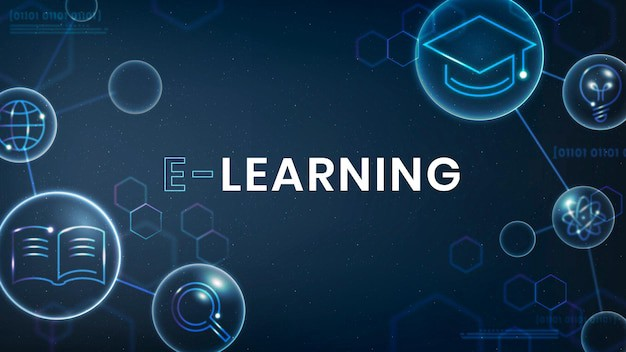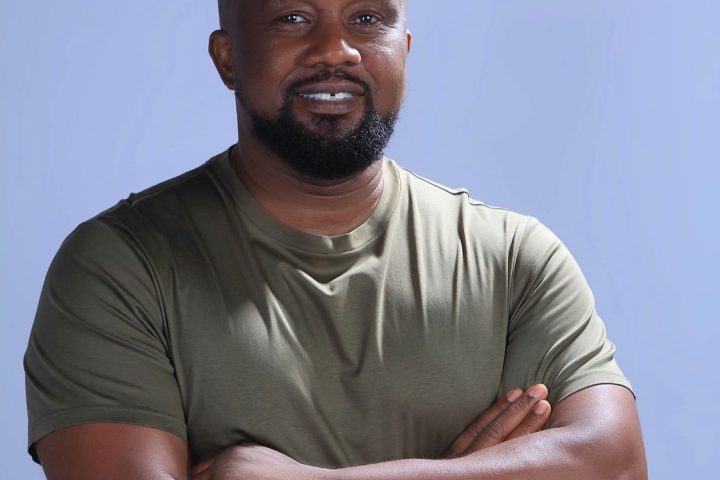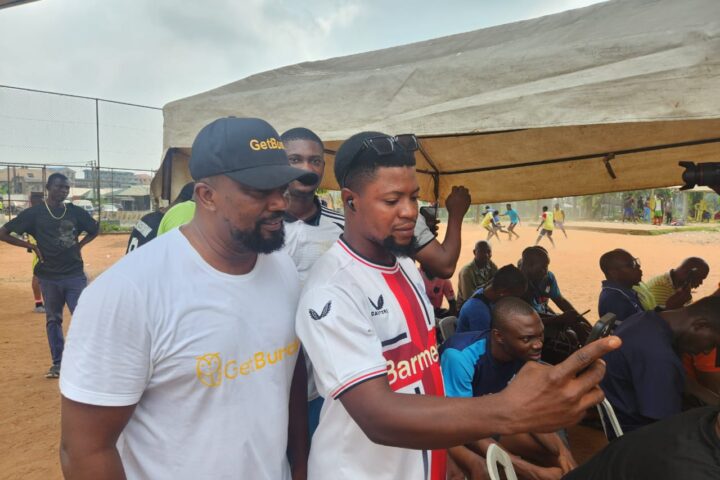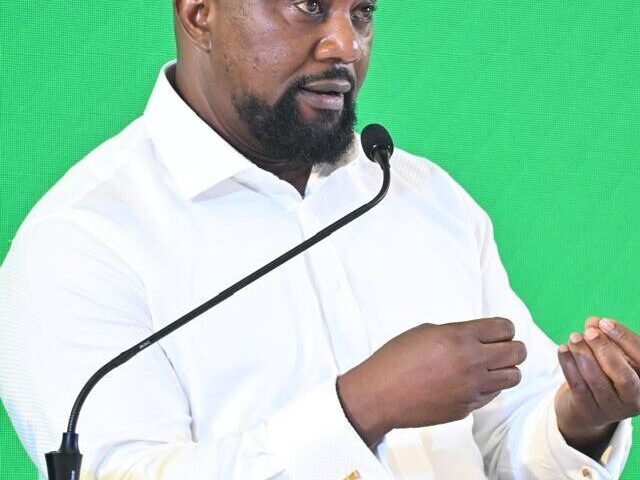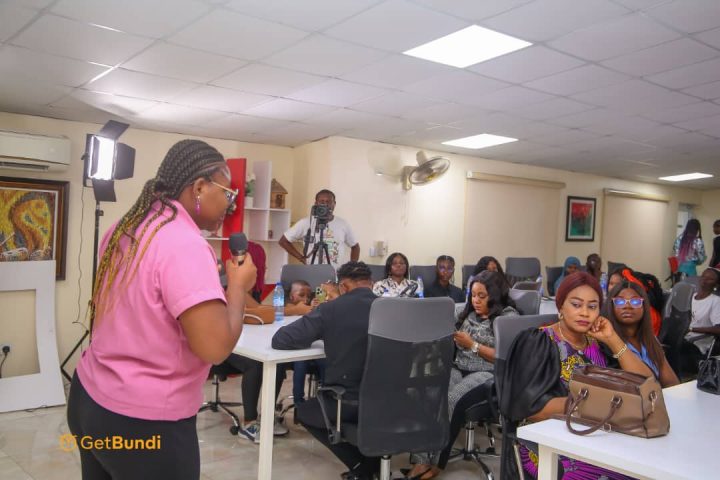The number of school-age African children who are out of school has increased over the past year, worsened by the COVID-19 which led to lengthy school closures. According to UNESCO, school closures have affected around 250 million students in sub-Saharan Africa, in addition to the 100 million children who were not in school before the pandemic. The reopening of schools across Africa brought forth the reality that millions of students will not return. In South Africa, 400,000 to 500,000 students dropped out of school betweenMarch 2020 and July 2021, UNICEF data show. In Uganda, which had the longest school closures in the world, many girls did not resume classes when schools reopened on January 10, 2021, according to Edith Mutethya in an article, “COVID worsens Africa’s education crisis”. The girls had either got married, become pregnant, or given birth during the period of school closure. Some students had also used the period to work and earn so money and so were less interested in classes. The situation is not so different across many parts of Africa.
To mitigate its out-of-school challenge, experts say Africa must find innovative ways to ensure continuous learning among its teeming youth. Africa’s youth population is expected to nearly double to1 billion by 2050 and by 2075, almost half of the world’s young people will be African. This implies that the global workforce will increasingly be African. This is a blessing if African youth are equipped with the right education and skills. The reverse will be the case if they are not. As Dr Edward K. Brown, Senior Director of Research, Policy and Programs at the African Center for Economic Transformation (ACET), affirms, “With the right education and training, Africa’s youth population will provide the region with an unparalleled comparative advantage in labour and human resources — and will accelerate Africa’s economic transformation at the same time. Consider that each additional year of schooling in Africa raises individual earnings by 11 percent for males and 14 percent for females.”
There is a convergence of opinions pointing to the need for Africa to focus on secondary education, given that secondary education will be the last schooling most young Africans will receive before they enter the labour market. Rebecca Winthrop, Co-director, Center for Universal Education andSenior Fellow, Global Economy and Development, argues that in sub-Saharan Africa before the pandemic, of the 98 percent of children who enrol in primary school, only 9 percent make it to tertiary education and only 6 percent graduate. “University preparation is important, but the main focus should be on flexible secondary education pathways that prepare young people for work,” she says. As such, Africa needs secondary education that provides students with the right skills and knowledge needed to be prepared
for the new world of work.
Demand for secondary education is on the rise in Africa, and in sub-Saharan Africa, the demand is expected to nearly double by 2030, requiring increased supply and quality. But this demand is not being met. Strong progress in boosting primary enrolment has not been complemented with broad access to secondary education. Key hurdles have included a scarcity of schools, teacher shortage, inadequate infrastructure, poverty, limited teaching time due to high teacher absenteeism, unwieldy class sizes, and gender inequities. The pandemic worsened the shortage of teachers. Many teachers, especially those employed by private schools, left the teaching profession during the pandemic and sought other means of livelihood because their salaries were suspended while the closures lasted. The Education Commission, a major global initiative engaging world leaders, policymakers, and researchers to develop a renewed and compelling investment case and financing pathway for achieving equal educational opportunity for children and young people, estimates that sub Saharan Africa needs to invest $175 billion per year through 2050 to supportsecondary education for all.
But the difficulty in accessing a quality, traditional secondary education can be mitigated through e-learning. The rise of the internet and new technologies has radically changed the concept of traditional education and being physically present in a classroom is no longer the only learning option, writes Gemma Josep, Content Manager for Classgap, an online platform whose purpose is to facilitate communication between teachers and students, in a January 2022 article. In countries with poor infrastructure, online education enables students to learn from their own homes.
This is the whole idea behind GetBundi developed by Wings of Justice Africa Limited — to make quality education, especially STEM, available, accessible and cost-effective across Africa. GetBundi focuses on post primary education, in tandem with expert opinions that Africa needs to focus on secondary education. With a goal to make quality STEM learning in Africa a reality, as well as make it available and successive (because people learn at different paces), GetBundi has developed the right STEM courses covering six (6) years of post primary education to ensure African youths are not left behind. It covers English Language, Mathematics, Basic Technology, Basic Science, and Computer Studies for Junior Secondary School 1–3, and English Language, Mathematics, Further Mathematics, Chemistry, Physics, Biology, Data Processing, and ICT for Senior Secondary School 1–3.
GetBundi also offers revision classes for Africans aspiring to competitive examinations like Junior Secondary School Certificate, the West African Senior Secondary Certificate Examination (WASSCE), Unified Tertiary Matriculation Exam (UTME), SAT, Test of English as a Foreign Language (TOEFL), etc. To cater to African youths seeking foreign education, the programme has partnered with a New York-based Professor of English to teach Spoken English and present a full syllabus for those taking SAT or TOEFL. There is also provision for a live interactive (question and answer) session for users on the last Saturday of every month. Warehoused on Ogéllé, Africa’s first user generated content and video on demand platform for African content only, GetBundi programmes will
be available all year round.
“Our content can be used as a standalone to support individual students in school as a continuous education tool, home/self-taught learning, government or private school support, external examination guide and teacher support,”says OsitaOparaugo, founder, GetBundi, a company of Wings of Justice Africa.
To make it cost-effective, Wings of Justice plans to deliver GetBundi at a highly subsidized fee of $50 per student/family per year or for free with the right local or international support.
“Science, Technology, Engineering, and Mathematics (STEM), as well as English Language, must be of great focus to achieve an Africa beyond aid. Creating a knowledge-based economy through STEM education is a lifeline for the continent, ensuring the growth of a STEM capable citizenry. Massification of STEM education as a countermeasure will enable Africa to meet and exceed global competition and prepare for the future,”Oparaugo says.
Cognizant of the challenges that lack of internet access poses, Wings of Justice has agreed in principle with telecommunications and satellite internet service companies across Africa for partnership to ensure that GetBundi permeates the continent, reaching the targets regardless of their location.
Yet, it is incumbent on governments in Africa to work on expanding the coverage of broadband internet and technology infrastructure in areas that lack them to better enable distance learning.
As Paul Prinsloo, a research professor at the University of South Africa, said in a March 2014 article, “There is no doubt that ODeL [open distance and e-learning] has huge potential to contribute to economic growth, erase inter-generational poverty and address societal injustices and inequalities on the African continent.”
